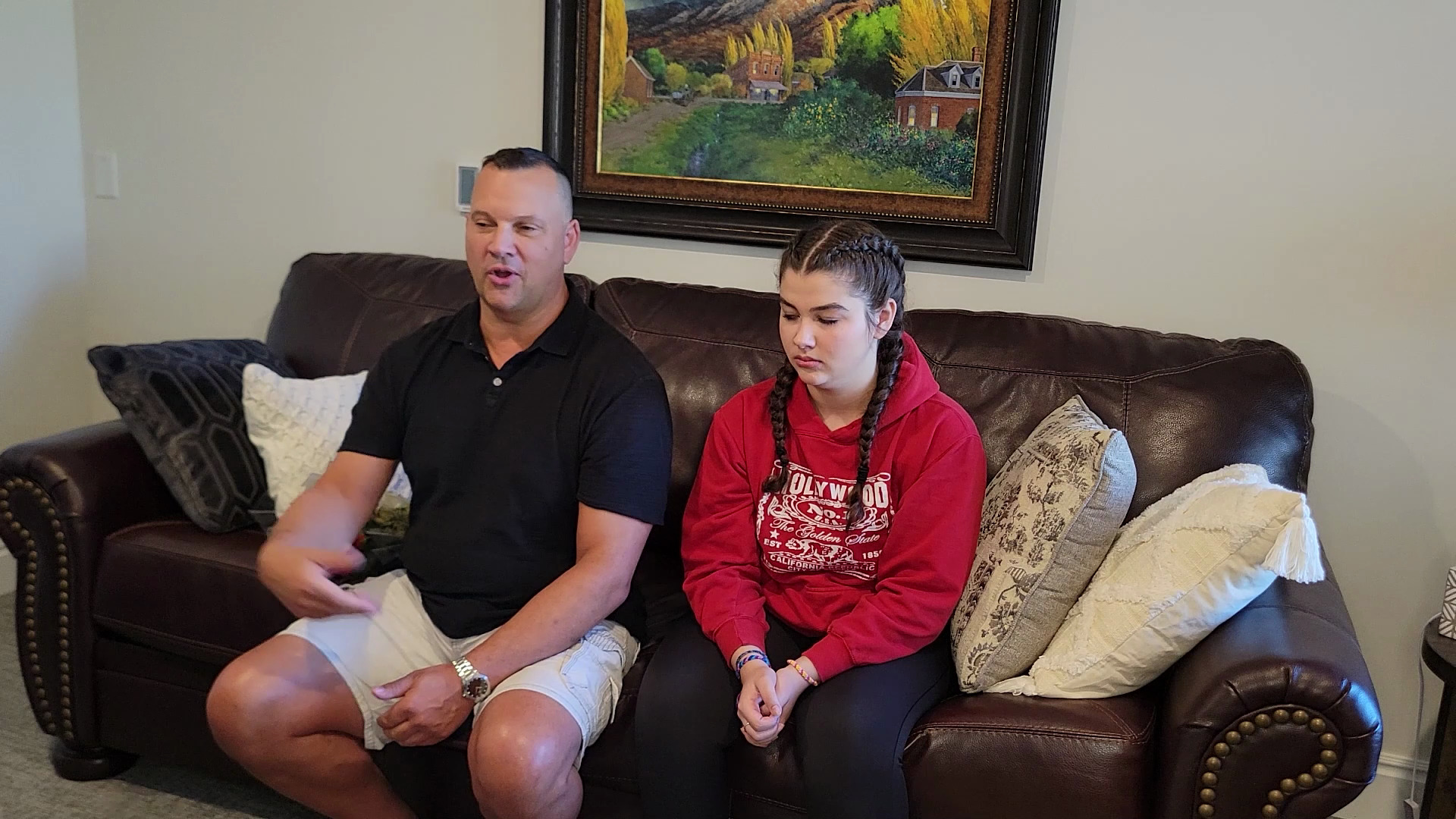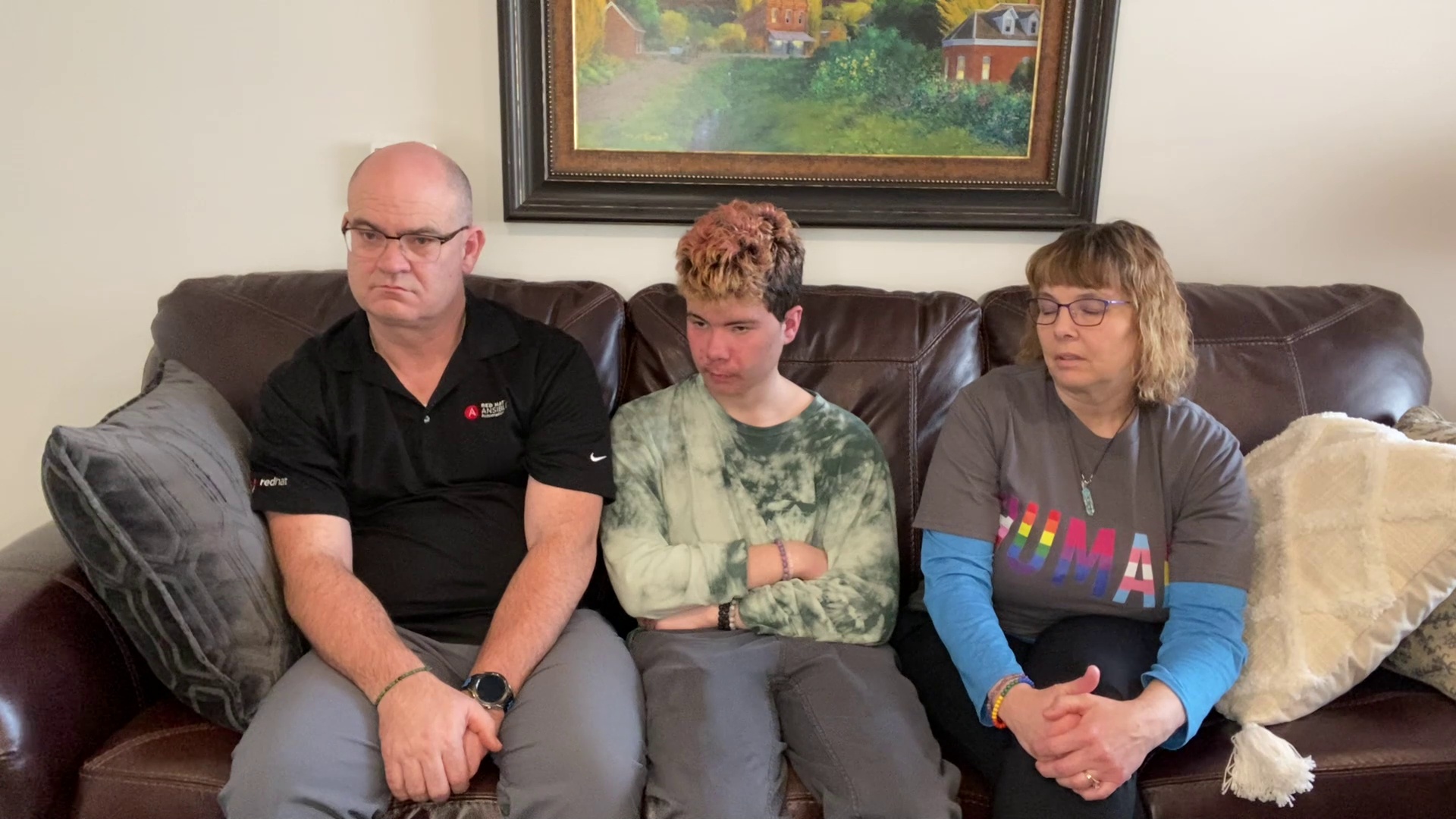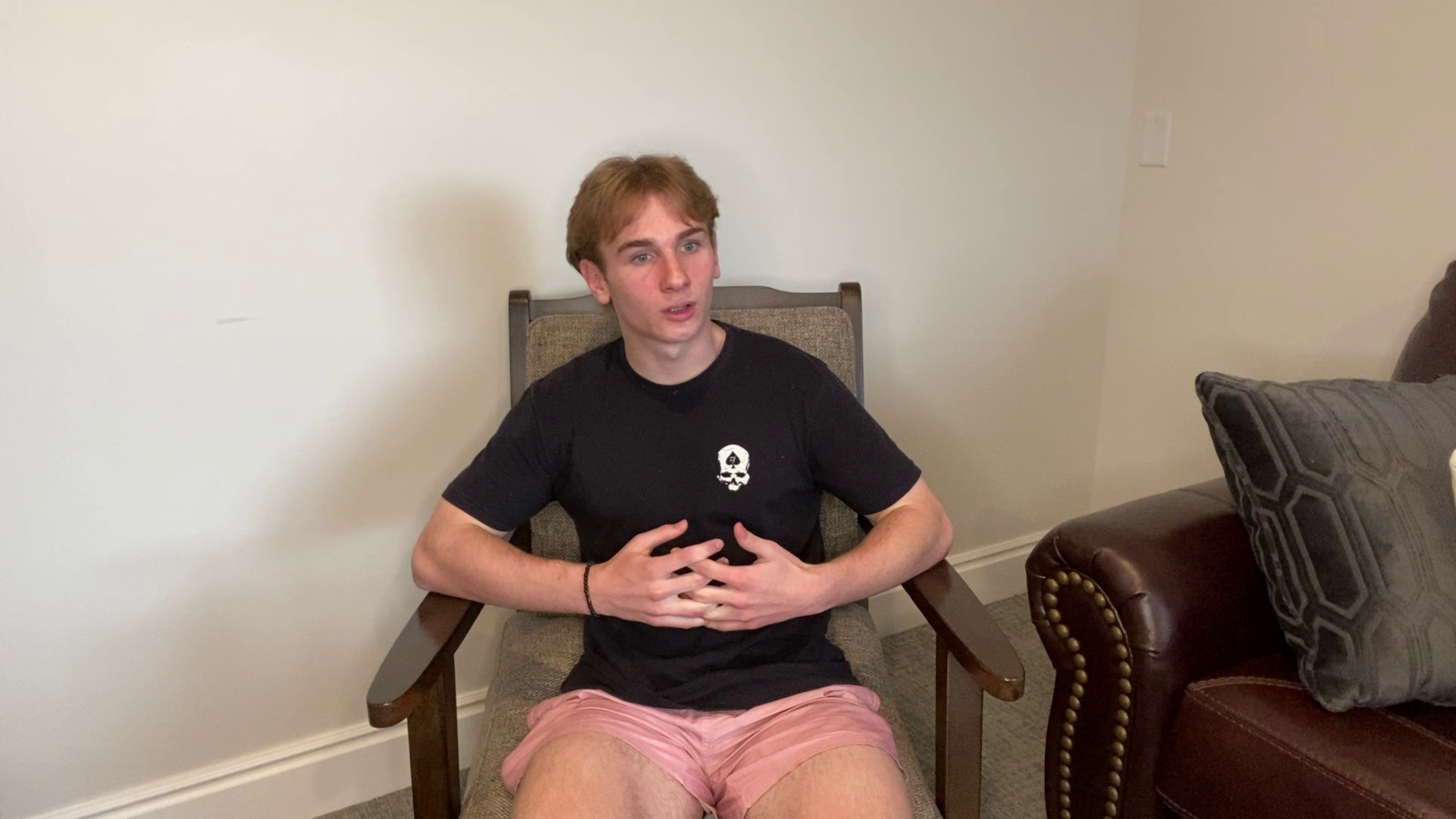Crisis Stabilization When Your Teen Needs It Most
When your teen is going through a mental health crisis, it can be a challenging time for the entire family. That's why at OASIS Ascent, we offer crisis stabilization services to provide your teen with the expert care they need. Our specialized mental health urgent care ensures that your teen receives the support and stabilization necessary to safely navigate this difficult time. We provide comprehensive assessments to ensure that your teen receives the most appropriate care for their unique situation. Trust us to help your family get through this crisis together.
Get the Info & Help You Need.
Crisis Stabilization Services For Teens Ages 13 – 17
Written by: Brent Esplin, LMFT
With crisis stabilization, we believe in empowering families. As a parent, you don’t have to fight this battle alone. By giving you the tools and strategies necessary to handle and understand your child's mental health crisis, we work to stabilize the situation while keeping your child safe.

What Does It Mean to Be a Teen in Crisis?
Every year, millions of teenagers struggle with severe mental health issues such as depression, anxiety, self-harm, or substance abuse, each one falling under the umbrella term 'mental health crisis.' The ability to quickly and efficiently respond to a crisis can mean the difference between your teen's escalation into life-threatening severity and their successful recovery.
Imagine feeling like the weight of the world is on your shoulders as a teenager in crisis. Emotions running wild, behaviors spiraling out-of-control, and thoughts taking over your life. But one thing is for sure, when a teenager experiences a mental health crisis, it is tough on everyone. From overwhelming feelings to out-of-control behaviors, it's a rollercoaster ride for the whole family. Every teenager's journey is unique, but some common emotions and experiences that indicate a teen crisis may include:
- Feeling overwhelmed and out of control
- Experiencing intense emotions
- Struggling with harmful behaviors
- Having destructive thoughts

What is Crisis Stabilization?
Crisis stabilization in mental health refers to a short-term, intensive treatment and intervention process designed to help individuals who are experiencing acute mental health crises. These crises often involve severe emotional or behavioral disturbances that may pose a risk to the person's safety or the safety of others. The goals of crisis stabilization include:
- Safety and Immediate Care: The primary goal of crisis stabilization is to ensure the immediate safety and well-being of individuals in crisis. This may involve providing a secure environment where they can receive care and support.
- Observation & Assessment: During crisis stabilization, our mental health professionals assess your teenager to determine the nature and severity of their crisis. This assessment helps in diagnosing the underlying mental health condition or trigger for the crisis.
- Stabilization: Crisis stabilization involves the use of therapeutic interventions to stabilize your child's emotional state and behavior. This may include medication management, counseling, and other evidence-based techniques to reduce distress and symptoms.
- Intensive Support: Individuals in crisis often require emotional support and guidance. Crisis stabilization units typically have trained staff who provide support, empathy, and coping strategies to help the individual navigate their crisis.
- Referral and Aftercare Planning: Following crisis stabilization, a plan for ongoing care and support is developed. This may involve recommendations for outpatient therapy, medication management, or other mental health services.
Crisis stabilization can take place in various settings, including crisis stabilization units, hospital emergency departments, or specialized mental health facilities. The choice of setting depends on the severity of the crisis and the resources available to your family.
Overall, crisis stabilization in mental health plays a crucial role in helping teens during moments of acute distress and provides a pathway toward recovery and ongoing treatment for their mental health conditions. It is an essential part of the mental health care continuum, designed to address immediate needs and ensure the safety and well-being of those in crisis.

What is a Mental Health Crisis vs Emergency?
Mental Health Crisis:
- A mental health crisis refers to a situation in which an individual is experiencing acute emotional or psychological distress. This distress can be severe and disruptive to their daily life, but it may not necessarily pose an immediate threat to the individual's safety or the safety of others.
- Mental health crises can manifest as severe anxiety, panic attacks, extreme sadness, emotional breakdowns, or an inability to cope with stress. They may also involve behaviors that are unusual or concerning but not immediately life-threatening.
- In a mental health crisis, the individual may require intervention and support, but it is typically not considered an emergency in the sense of requiring immediate medical attention or hospitalization.
Mental Health Emergency:
- A mental health emergency is a situation in which an individual's mental health condition poses an immediate risk to their safety or the safety of others. It is a critical and potentially life-threatening situation that demands urgent and often immediate attention.
- Mental health emergencies can involve suicidal ideation, suicide attempts, self-harm, violent behavior, psychosis with severe disorientation, or any other condition that presents an imminent and immediate danger.
- In a mental health emergency, the individual may require immediate medical and psychiatric intervention. This can include hospitalization in a psychiatric facility, assessment in an emergency department, or crisis intervention by mental health professionals.
It's important to note that the distinction between a mental health crisis and a mental health emergency can be nuanced and context-dependent. What may be a crisis for one person could be an emergency for another, and it may also depend on the available resources and support. The priority in both cases is to provide appropriate care, support, and intervention to address the individual's needs and ensure their safety and well-being.
If you or someone you know is in crisis or facing a mental health emergency, it is crucial to seek help immediately.

Is Mental Health A Medical Emergency?
Mental health can be a medical emergency in certain situations. It's important to distinguish between urgent mental health crises and general mental health concerns:
Emergency Care for Mental Health Crises:
In these situations, immediate emergency medical care is required. Signs of a mental health emergency include:
- active suicidal ideation
- suicide attempts or having a detailed plan to attempt suicide
- severe self-harm that risks your teen’s health
- violent or aggressive behavior
- and severe psychotic episodes that pose an immediate risk to the individual or others.
Individuals in this category should seek immediate attention at an emergency room or contact emergency services.
Mental Health Urgent Care:
These are situations that require timely intervention but may not be immediate emergencies. Signs your teen may need mental health urgent care include:
- acute anxiety or panic attacks
- high levels of distress
- trauma
- severe depression
- developing suicidal ideation without concrete plans to attempt suicide
or acute worsening of ongoing mental health conditions.
OASIS Ascent provides mental health urgent care and crisis stabilization. If your teen is facing an urgent mental health crisis, please reach out to us.
Treatment for Non-Urgent Mental Health Concerns:
These are common mental health issues such as: mild to moderate anxiety, depression, and stress, which do not typically require immediate or urgent care.
Individuals with non-urgent concerns can find help with residential treatment centers, day treatment programs, mental health professionals, therapists, or counselors, focusing on long-term support and management of their mental health.
It's crucial to understand the difference and respond appropriately to mental health crises. In emergency situations, please contact emergency services or go to the nearest emergency room for immediate evaluation and intervention.
For concerns that are not immediate emergencies or if you're uncertain about whether your teen requires mental health urgent care, please get in touch with us. We're here to assist you in finding the support you need.

Why Choose OASIS Ascent for Your Teen’s Crisis Stabilization
OASIS Ascent’s Crisis stabilization unit and mental health urgent care center are designed to handle crisis intervention and keep teens safe during mental health emergencies. While the specific protocols and services may vary depending on the specific needs of your teenager, the crisis intervention may include:
- Assessment and Evaluation: At OASIS Ascent, our in-depth assessments go beyond conventional mental health evaluations, providing a holistic understanding of your teen's well-being and shedding light on the underlying factors behind your teen's crisis. These assessments encompass psychological evaluations, psychiatric consultations, medical evaluations led by our experienced physicians, genomic analysis, nutritional assessments, and academic testing.
- Immediate Care: These facilities prioritize providing immediate care and support to clients in crisis. This may include medication management, counseling, or other therapeutic interventions to address the crisis. OASIS Ascent offers two levels of immediate care:
- Residential Treatment: Offering short-term residential treatment centers for both teenage boys and girls. These programs provide 24/7 support and therapy in a structured environment.
- Day Treatment: Providing intensive day treatment programs that offer therapeutic interventions during the day while allowing individuals to return home at night.
- Safe & Secure Environment: OASIS Ascent provides a safe and secure environment for teens in crisis to heal. This may involve limiting access to potentially harmful objects or substances, ensuring that clients are monitored to prevent self-harm, and maintaining a calm and supportive atmosphere. Some essential elements that contribute to client safety include:
- Qualified Staff: our team of qualified mental health professionals, including psychiatrists, nurses, therapists, and support staff, are rigorously trained to handle mental health crises. They are equipped to provide expert care and support to teens in crisis.
- Crisis Intervention Techniques: All OASIS staff are trained in crisis intervention techniques to de-escalate situations and help clients manage their distress. This may involve verbal de-escalation, non-violent crisis intervention, and other evidence-based approaches.
- Ongoing Monitoring: Clients are continually monitored to assess their progress and ensure they remain safe throughout their stay in the facility.
- Client-Centered Care: Services are tailored to the specific needs and preferences of each student. The goal is to engage teens in their own care and provide a sense of agency and control.
- Individual and Group Therapy: Teens are able to start to address immediate concerns in both individual therapy and group therapy. Group therapy can provide peer support and a sense of community during times of crisis. These individual and group sessions are led by master-level therapists, and might include:
- Cognitive-Behavioral Therapy (CBT): CBT can be adapted for crisis stabilization to help individuals identify and change negative thought patterns and behaviors. It can provide practical coping strategies for managing crises.
- Dialectical Behavior Therapy (DBT): DBT combines cognitive-behavioral techniques with mindfulness practices. It is particularly effective for individuals dealing with self-harm, suicidal thoughts, and emotional dysregulation.
- Recreational Therapy: Incorporating recreational therapy to enhance emotional and physical well-being. Activities such as sports, outdoor adventures, and creative outlets can promote a sense of enjoyment and stress relief.
- Psychoeducation: Providing education on the individual's mental health condition, crisis management, and the importance of ongoing treatment can be valuable.
- Medication Management: If medication is part of your teen’s treatment plan, it is administered and monitored by the OASIS medical provider to ensure safety and effectiveness.
- Family Involvement: Family members are an essential part of the crisis intervention process. Through weekly family therapy sessions, our certified therapists help parents and family members understand how to support their teen's recovery. Parents are also encouraged to participate in our weekly parent support group.
- Academic Support: Our accredited academic program utilizes a blended learning model which includes online self-paced courses that cater to individual needs along with some direct instruction from teachers.
- Safety & Relapse Prevention Planning: Creating a safety & relapse prevention plan is essential to prevent future crises. This plan may include identifying triggers, establishing coping strategies, and setting up emergency contacts & a robust support system.
- Referral and Aftercare Planning: Once a teen’s mental health crisis is stabilized, OASIS provides families with a comprehensive treatment plan and recommendations for ongoing care and support. This may involve referrals to outpatient therapy, follow-up appointments, and other mental health services.
Crisis stabilization units and mental health urgent care centers are vital components of the mental health care system, providing urgent short-term intervention for individuals in crisis. Our primary goal is to stabilize your teen’s crisis, ensure their safety, and connect your family with the appropriate resources for ongoing care. OASIS Ascent provides an important step in the continuum of care for teen mental health, addressing their acute needs in a supportive and professional environment.
At OASIS Ascent, we understand the urgency of your teen's mental health crisis. Our crisis stabilization services are designed to provide immediate care and support. By choosing OASIS Ascent, you're choosing a path to stability, healing, and recovery. Contact us today and take the first step toward a brighter future for your teen and your family.
You Are Not Alone
Oasis Ascent is there for you and your family.

Additional References & Mental Health Resources
- Navigating a Mental Health Crisis - NAMI
- Protecting Youth Mental Health: The U.S. Surgeon General’s Advisory
- Crisis Text Line: Parents and teens can text "HOME" to 741-741 to connect with a trained counselor through the Crisis Text Line.
- The 988 Suicide & Crisis Lifeline (formerly known as the National Suicide Prevention Lifeline) is available 24/7 for teens in crisis by dialing 988
- The Trevor Project, specifically for LGBTQ+ youth in crisis, can be reached at 866-488-7386 for immediate support.

About the Author
Brent Esplin, LMFT
Brent has spent his career of almost 20 years working with teens and their families in a variety of different settings including long and short-term residential treatment, acute care, and home-based services. He has served in various leadership capacities over the years including clinical director, utilization review director, admissions/business development director, and executive director. Brent relates comfortably and professionally with families and teens alike. He finds great joy in guiding families out of crisis situations and into peaceful solutions.
